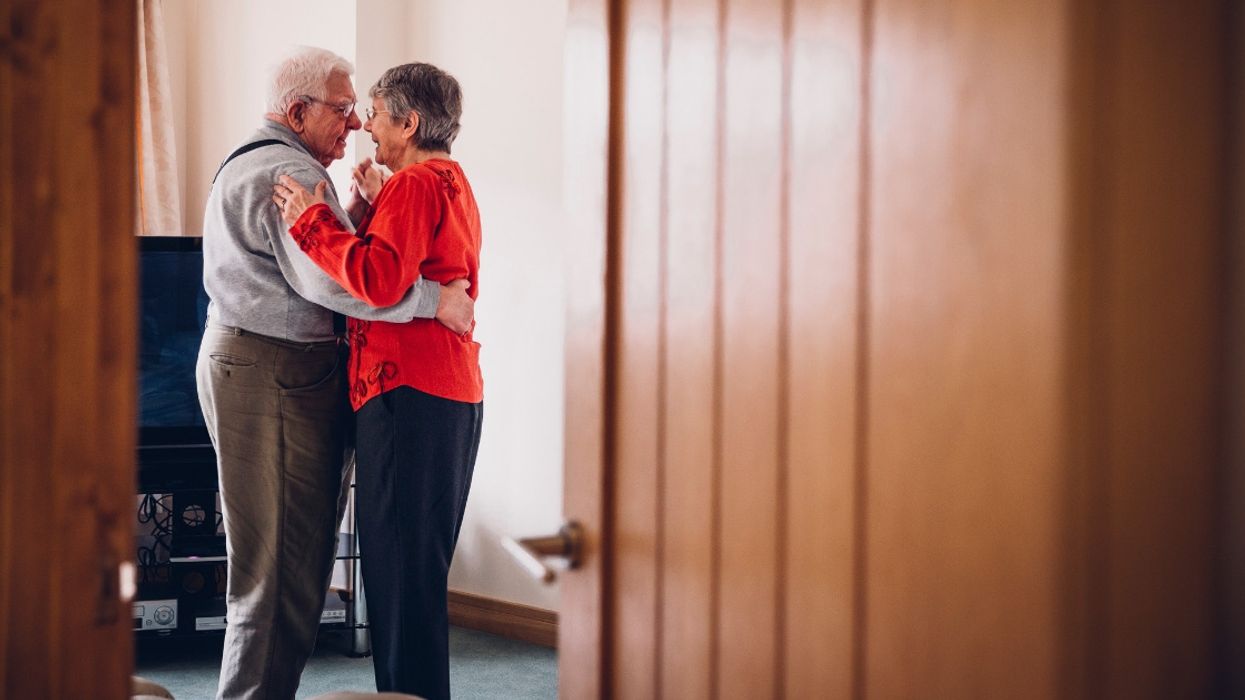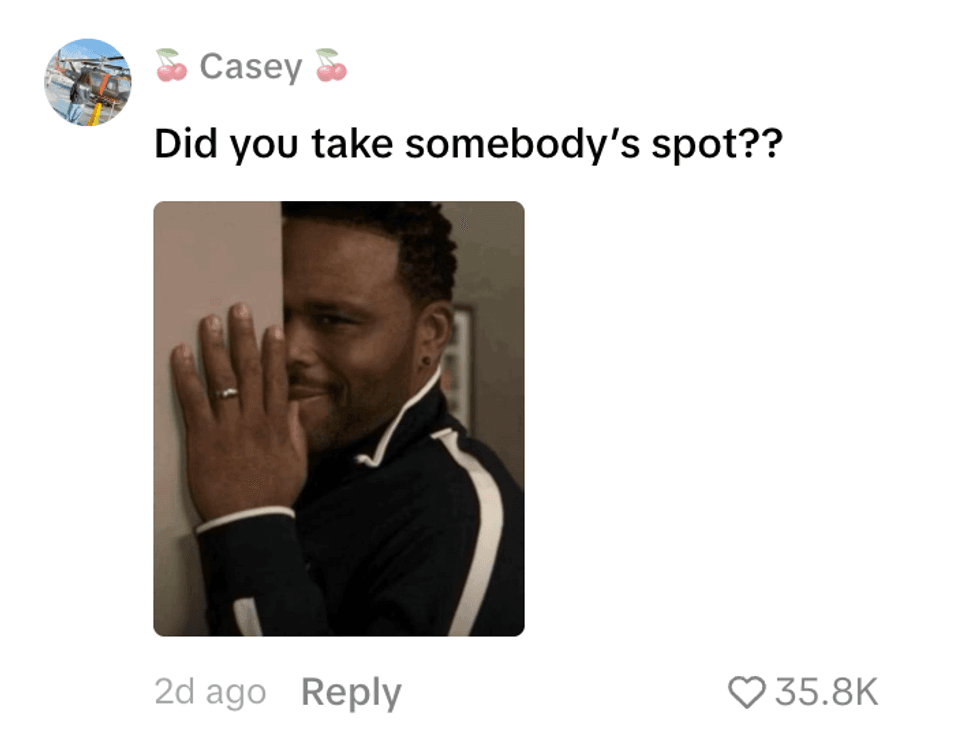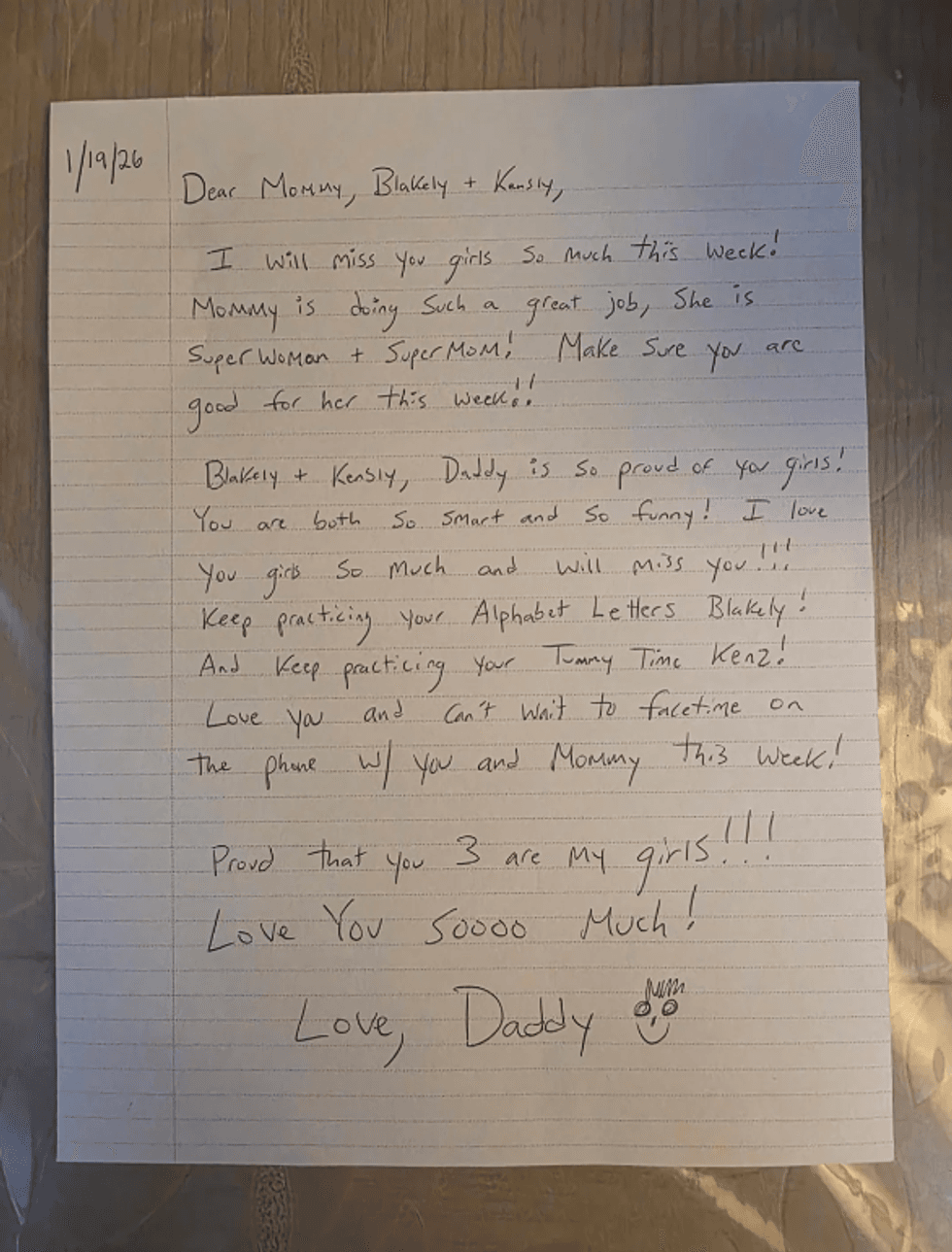Dementia, an umbrella term for the variety of neurodegenerative diseases that tend to appear during a person's old age, currently affects millions of Americans every year. 5.7 million Americans have Alzheimer's, the most common variety of dementia, but scientists researching the disease have found one way individuals may be able to lower their risk of contracting the disorder.
The Swedish scientists concluded that keeping mentally-stimulating hobbies like dancing, singing, and reading books through your middle-age could significantly lower the risk of developing dementia as you grow older. Other hobbies which help included "visiting art exhibitions, gardening, being a member of a club, attending church and singing in a choir."
For the study, researchers gathered data on 800 women aged 38 to 54 and checked back in on them every decade from 1968 to 2012. The researchers also scored the participants from 0 to 10 based on their activity level, dividing their hobbies into "intellectual, artistic, manual, club, and religious categories."
Publishing their findings in the medical journal Neurology, the scientists found that the women who were active through mid-life were an astonishing 56% less likely to develop dementia as they grew older and those who engaged in high-intensity mental activity were 46% less likely to contract Alzheimer's disease.
Dr. Jenna Najar from the University of Gothenburg in Sweden, a co-author of the study, commented to Newsweek:
"These results indicate that these activities in middle age may play a role in preventing dementia in old age and preserving cognitive health. It's exciting as these are activities that people can incorporate into their lives pretty easily and without a lot of expense."
Dr. Rosa Sancho, head of research at the charity Alzheimer's Research U.K., told Newsweek that the study's findings highlight middle-age as a key time to prevent degenerative diseases at a relatively low cost:
"Midlife is increasingly seen as a key time when it comes to reducing dementia risk, however keeping physically and mentally active can hold benefits for people of any age, so it is never too early or too late to adopt a lifestyle that supports a healthy brain...While there is no sure-fire risk way to prevent the condition, our brains don't operate in isolation from the rest of our bodies and a good rule of thumb for everyone is that what is good for your heart is also good for your brain."
Dr. James Pickett, head of research at Alzheimer's Society, also agreed that a person's mid-life was a prime time to focus on their brain's health, but warned that the study, which focused only on Swedish women, may not have the sweeping worldwide implications it suggests:
"Dementia is very complex so there's rarely a single reason why someone develops it, but lifestyle factors can affect our chances."
Scientists continue to search for the cause of dementia, which could help them end the disease once and for all. A group of researchers recently suggested that Alzheimer's may be caused by the same bacteria which causes gingivitis and gum disease. Hopefully, with time, we can end these neurodegenerative disorders once and for all!














 Awkward Pena GIF by Luis Ricardo
Awkward Pena GIF by Luis Ricardo  Community Facebook GIF by Social Media Tools
Community Facebook GIF by Social Media Tools  Angry Good News GIF
Angry Good News GIF 
 Angry Cry Baby GIF by Maryanne Chisholm - MCArtist
Angry Cry Baby GIF by Maryanne Chisholm - MCArtist 
 @adriana.kms/TikTok
@adriana.kms/TikTok @mossmouse/TikTok
@mossmouse/TikTok @im.key05/TikTok
@im.key05/TikTok @biontrtwff101/TikTok
@biontrtwff101/TikTok @likebrifr/TikTok
@likebrifr/TikTok @itsashrashel/TikTok
@itsashrashel/TikTok @ur_not_natalie/TikTok
@ur_not_natalie/TikTok @rbaileyrobertson/TikTok
@rbaileyrobertson/TikTok @xo.promisenat20/TikTok
@xo.promisenat20/TikTok @weelittlelandonorris/TikTok
@weelittlelandonorris/TikTok @katiebullit/TikTok
@katiebullit/TikTok @rube59815/TikTok
@rube59815/TikTok
 u/Fit_Bowl_7313/Reddit
u/Fit_Bowl_7313/Reddit
 @meteorblades/Bluesky
@meteorblades/Bluesky @bodenkelly/X
@bodenkelly/X